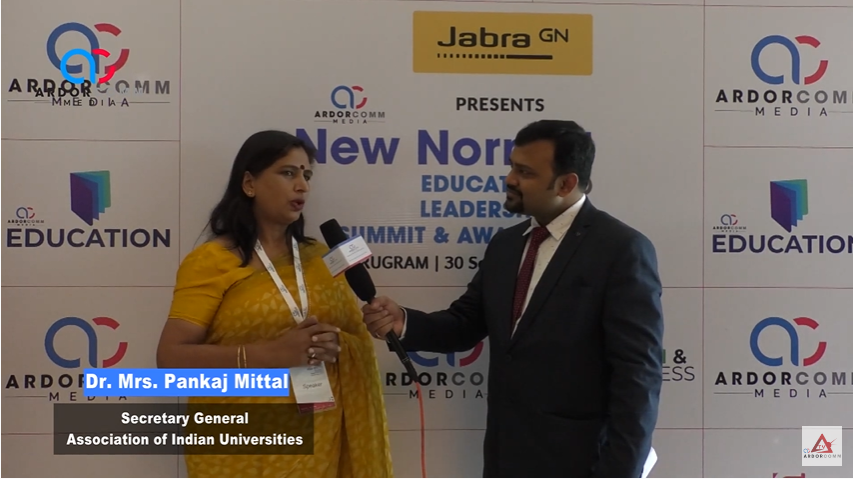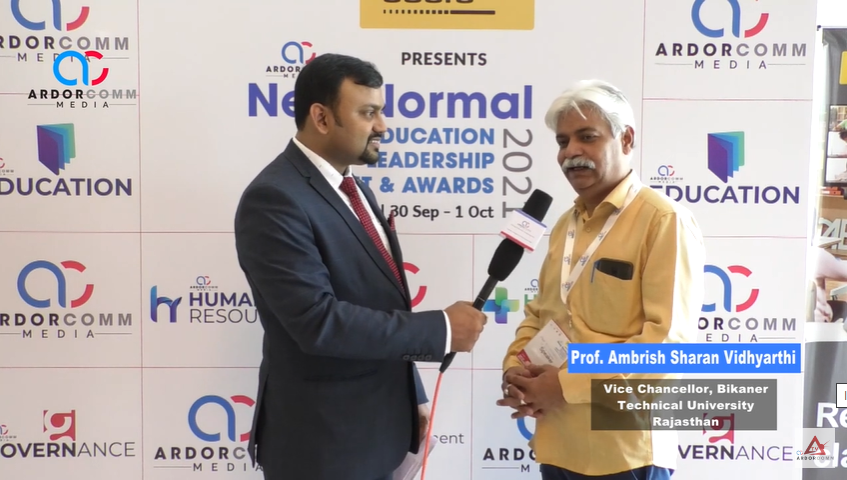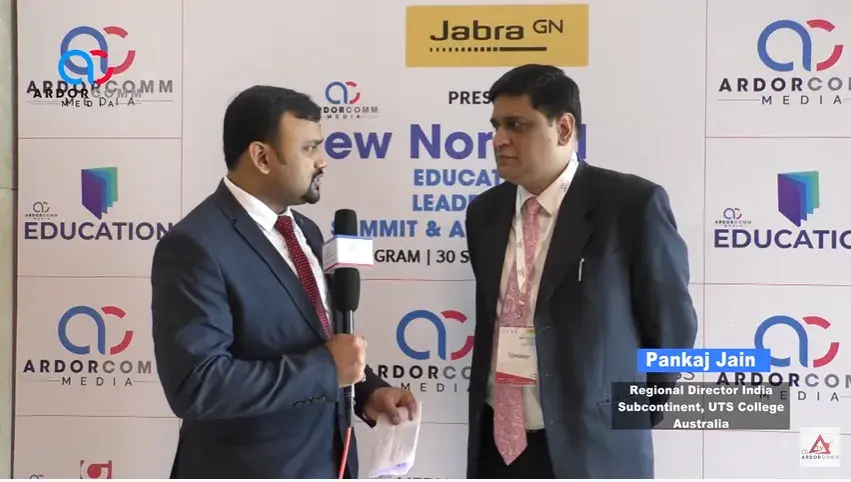Delhi: Supreme Court Advises Work From Home To Curb Pollution In NCR
Delhi: The national capital of India, Delhi has been recording hazardous levels of pollution since the past few years. The air quality in the region has become non-breathable. Therefore, the Supreme Court has asked the Central and State governments to implement certain measures to reduce the pollution levels in Delhi NCR. The SC has asked the governments to address these five aspects of pollution to reduce air toxicity: 1. Construction activities 2. Power plants 3. Industries 4. Transport 5. Road traffic The SC has directed the central government along with the government of the Delhi NCR region to consider implementing ‘work from home’ for employees working in the capital. The Delhi Chief Minister Arvind Kejriwal had also informed the press and the citizens on November 14 that the SC has requested to gauge the possibility of implementing a complete lockdown in Delhi. Till further notice, schools will remain closed for the week and students will resume classes from home, while the Delhi government has directed all its employees to work-from-home. Following in the footsteps of the Delhi government, the Haryana government has also directed its workforce to work-from-home. The move is aimed at reducing vehicular emissions into the extremely polluted air of the national capital. Source- HR Katha
Delhi: Supreme Court Advises Work From Home To Curb Pollution In NCR Read More »



